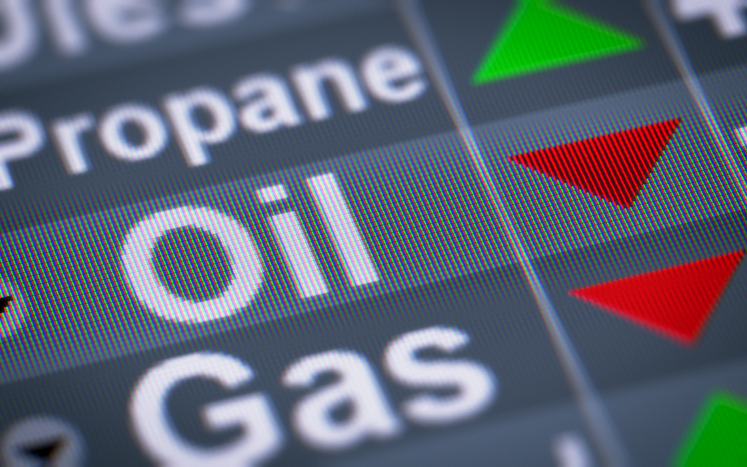ii view: Royal Dutch Shell does the sensible thing
Short-term pain, long-term gain. Is a decision to cut the dividend a better compromise?
30th April 2020 15:48
by Keith Bowman from interactive investor
Short-term pain, long-term gain. Is a decision to cut the dividend a better compromise?

First-quarter results to 31 March 2020
- Revenue down 28% to $60 billion
- Profit down 46% to $2.86 billion
- Dividend payment down 66% to 16 US cents per share
- Gearing up 9% to 29%
Chief executive Ben van Beurden said:
“Under extremely challenging conditions, Shell is stepping up to protect our people and support communities around the globe while delivering strong safety and operational performance across our business. Our Integrated Gas and Marketing businesses continued to achieve robust results this quarter, bringing resilience to our cash flows. In March, we took decisive actions to reduce our spending, increase our liquidity and position our business to manage the deteriorating macroeconomic and commodity price outlook. Our integrated business model, the high quality of our assets and the resourcefulness of our people have allowed us to respond swiftly.
“Given the continued deterioration in the macroeconomic outlook and the significant mid and long-term uncertainty, we are taking further prudent steps to bolster our resilience, underpin the strength of our balance sheet and support the long-term value creation of Shell. Starting this quarter, the Board has decided to reduce our quarterly dividend to 16 US cents per share."
ii round-up:
Formed in 1907, energy company Royal Dutch Shell (LSE:RDSB) operates in more than 70 countries and employs over 80,000 staff.
The business includes upstream, exploration and extraction, and downstream refining operations.
It also includes integrated gas – largely the former British Gas liquefied natural gas (LNG) business.
Shell is headquartered in The Hague, the Netherlands.
For a round-up of these first-quarter results, please click here.
ii view:
In a strategy update in mid-2019, Shell outlined its potential to distribute $125 billion or more to shareholders (dividends and share buybacks) over the five years between 2021-2025. Since then, a dramatic drop in the oil price has seen Shell and rival majors adjusting shareholder returns, with reduced share buybacks proving the focus.
Today, management has taken the tough but arguably sensible decision to cut the dividend, the first time it has done so since the Second World War. In 2020 alone, a supply disagreement between oil producing majors Saudi Arabia and Russia, combined with a savaging in demand due to lockdowns under Covid-19, have seen the price for crude fall by around 70%.
For investors, and in a world of central bank induced ultra-low interest rates, the dividend decision is a blow. But given the degree of economic uncertainty in a Covid-19 world, such a rebasing may leave investors sleeping easier at night. For now, and despite the understandable initial disappointment, Shell may have found a better balance between shareholder returns and the strength of its own position.
Positives:
- Gearing or borrowing of 29% is lower than rival BP (LSE:BP.)
- Previous purchase of BG Group improved both its product diversity and climate change credentials
Negatives:
- Fossil fuels are linked with climate change
- Subject to factors outside of its control such as geopolitical tensions
The average rating of stock market analysts:
Buy
Full performance can be found on the company or index summary page on the interactive investor website. Simply click on the company's or index name highlighted in the article.
These articles are provided for information purposes only. Occasionally, an opinion about whether to buy or sell a specific investment may be provided by third parties. The content is not intended to be a personal recommendation to buy or sell any financial instrument or product, or to adopt any investment strategy as it is not provided based on an assessment of your investing knowledge and experience, your financial situation or your investment objectives. The value of your investments, and the income derived from them, may go down as well as up. You may not get back all the money that you invest. The investments referred to in this article may not be suitable for all investors, and if in doubt, an investor should seek advice from a qualified investment adviser.
Full performance can be found on the company or index summary page on the interactive investor website. Simply click on the company's or index name highlighted in the article.